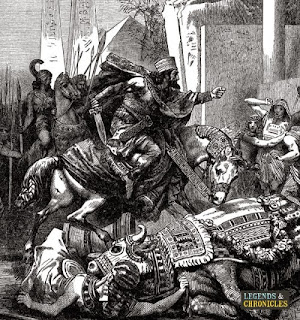 | Sargon is often regarded as the first in recorded history to create a centrally ruled empire and a professional army. After coming to power, he killed the king of Kish, and attacked Uruk. He captured Uruk and dismantled its famous walls. Uruk was renowned for its walls which were first built 4,700 years ago by the Sumerian King Gilgamesh, hero of the epic named after him. Sumerian forces fought two pitched battles against the Akkadians and were routed. The defenders fled the city. | 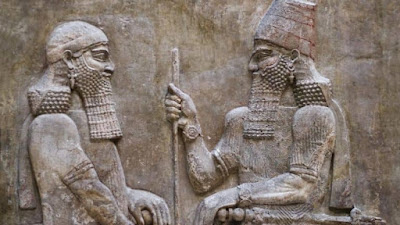 |
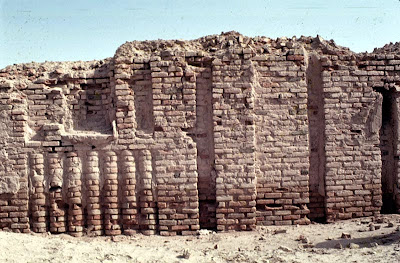 Sargon pursued his enemies to Ur before moving eastwards to Lagash, the Persian Gulf, and then Umma. | 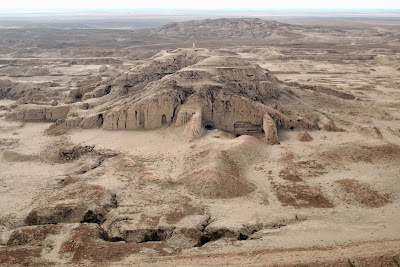 | 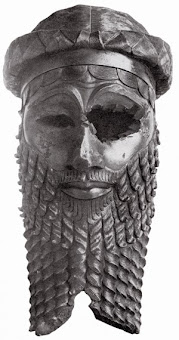 |
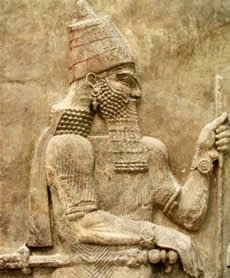 | Sargon of Akkad died around 2215 BC. He was regarded as a model by kings for two millennia after his death. Assyrian and Babylonian kings who based their empires in Mesopotamia saw themselves as the heirs of Sargon's empire. Akkadian influence was seen through trade throughout much of the known world from Eastern Europe to Northern Africa to India. Akkadian customs – language, religion, art, architecture – were the standard for almost two millennia until the Greeks and Persians established their own mighty empires. | 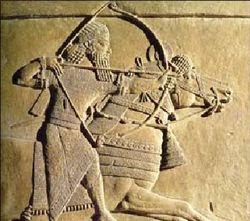 |
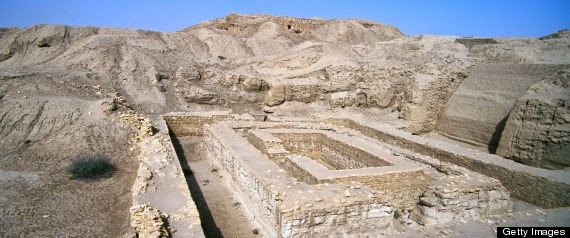 | 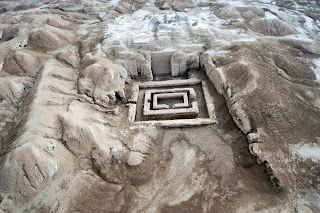 |

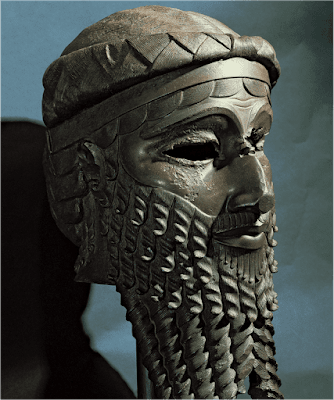
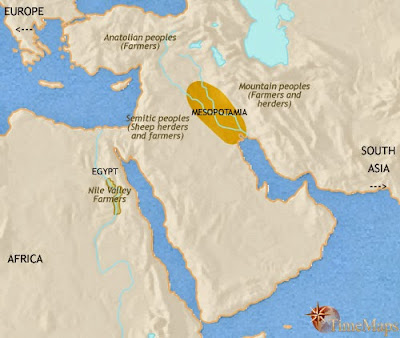
No comments:
Post a Comment